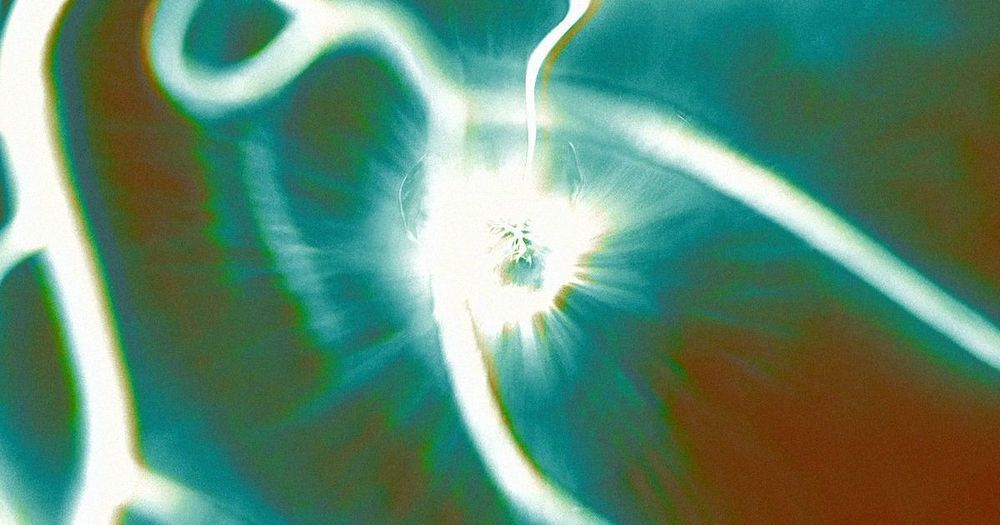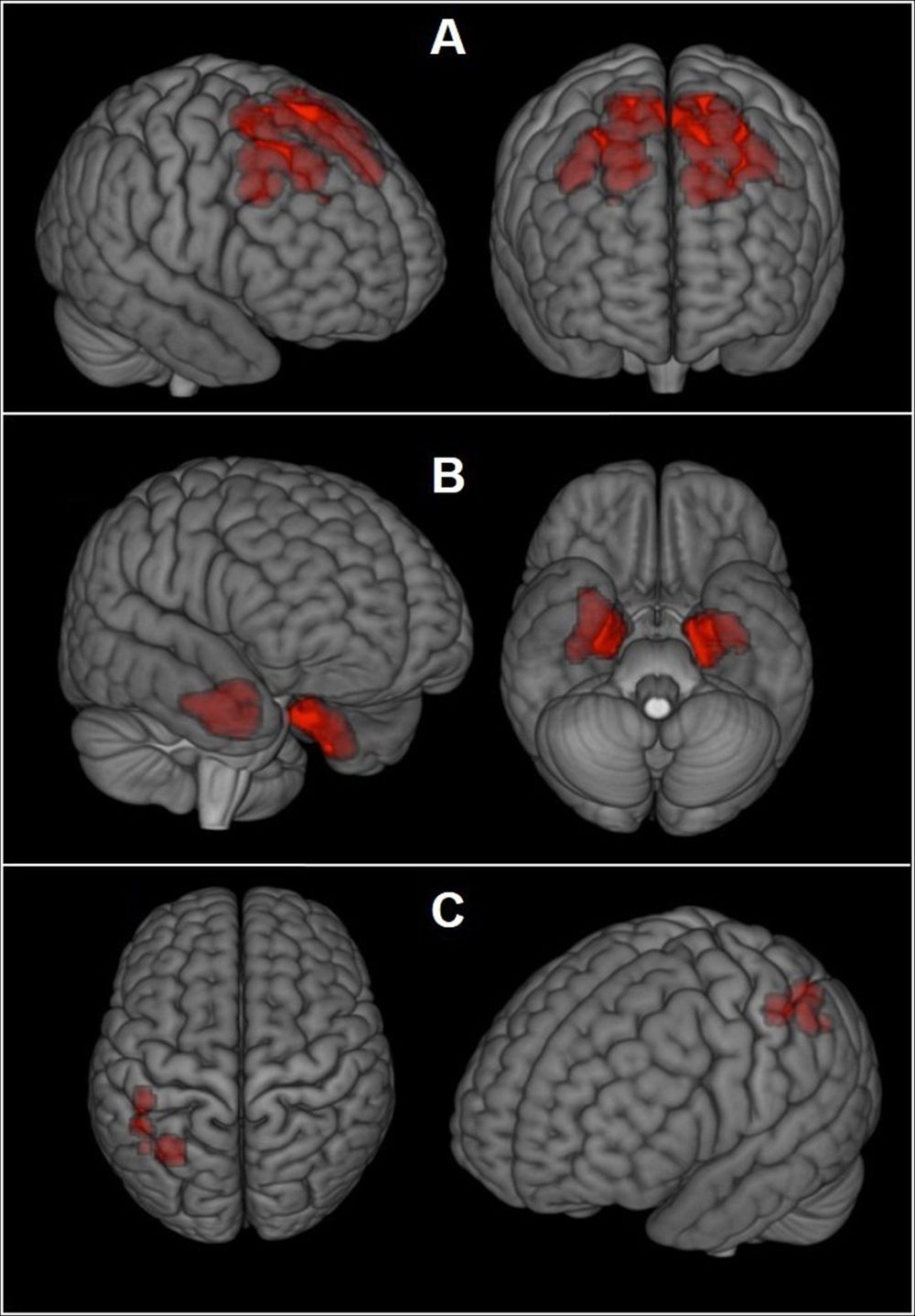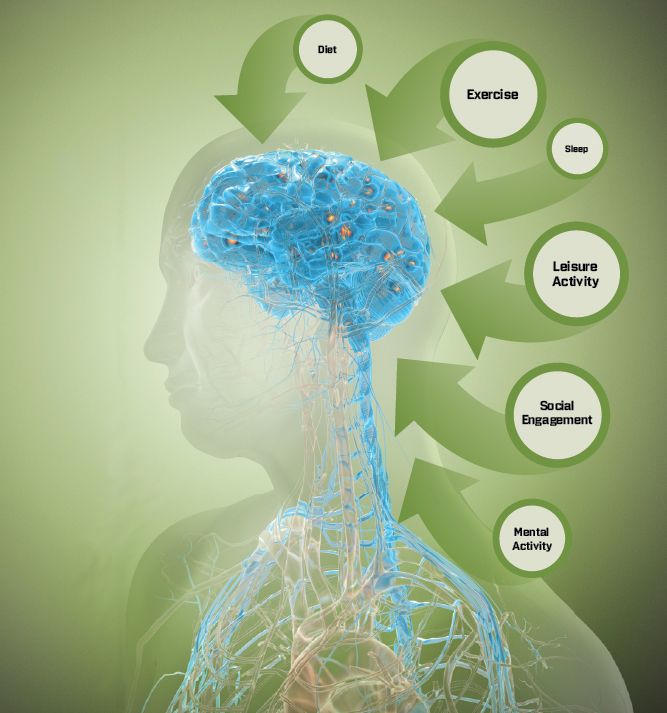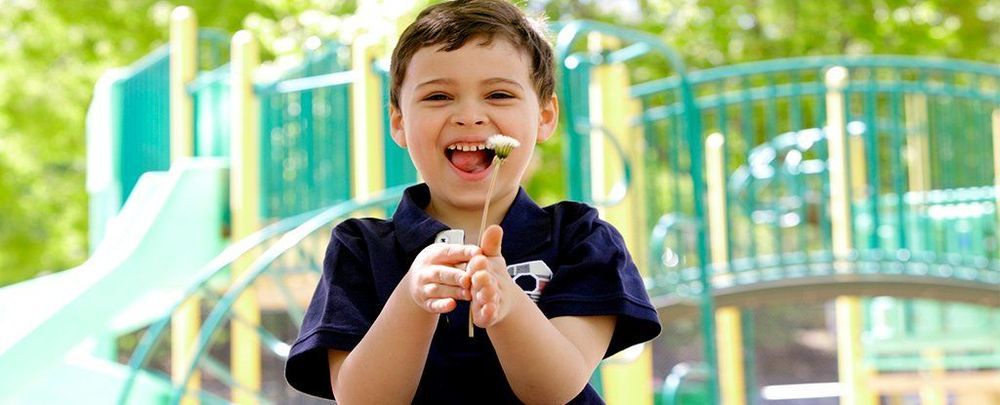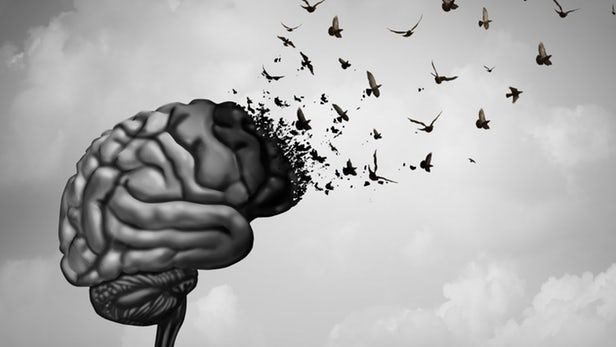Scientists have identified special types of brain cells that may allow us to simulate the decision-making processes of others, thereby reconstructing their state of mind and predicting their intentions. Dysfunction in these ‘simulation neurons’ may help explain difficulties with social interactions in conditions such as autism and social anxiety.
Researchers at the University of Cambridge identified the previously-unknown neuron type, which they say actively and spontaneously simulates mental decision processes when social partners learn from one another.
The study, published today in Cell, suggests that these newly-termed ‘simulation neurons’ — found in the amygdala, a collection of nerve cells in the temporal lobe of the brain — allow animals (and potentially also humans) to reconstruct their social partner’s state of mind and thereby predict their intentions.
Read more


